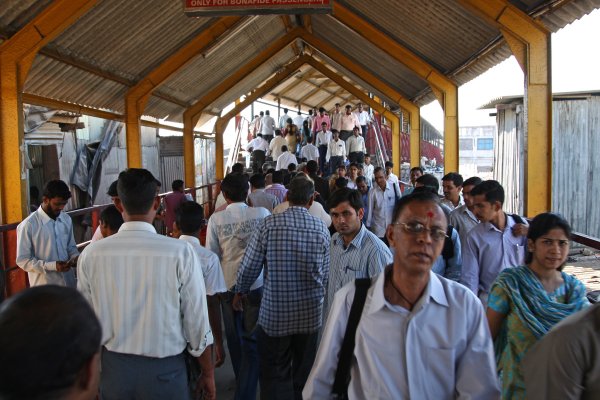New meta-analysis finds six month follow-ups miss quarter of visceral leishmaniasis relapses
A meta-analysis of nearly 30,000 patients suggests that a post-treatment follow-up duration of longer than 6-months may be needed to identify visceral leishmaniasis relapses.

Visceral Leishmaniasis (also known as Kala Azar across the Indian subcontinent) is a protozoan parasitic disease which causes fever, weight loss, fatigue and anaemia. It is fatal in over 95% of the untreated cases, but the right treatment significantly reduces deaths and disease effects.
However, relapses after treatment, with clinical symptoms returning months later, remains a major public health concern. Quantifying these relapses is important to control the spread of the disease, so IDDO researchers in collaborations with colleagues working in the field undertook a large scale meta-analysis to generate a baseline estimate of relapses in patients who have been treated.
The research team used the Infectious Diseases Data Observatory (IDDO)’s library of visceral leishmaniasis clinical studies: this library is a living systematic review updated on a periodic basis to indicate relevant publications indexed by major research databases in the field.
“We extracted data from the studies indexed in the IDDO’s library of visceral leishmaniasis clinical studies and analysed them to estimate the proportion of patients who showed signs of the disease returning after treatment had been completed,” said IDDO’s Dr Prabin Dahal, one of the study authors.
This analysis found that the rates of relapse varied widely, depending on where the patients lived and the exact drug regiment used for the treatment – between 0.5% and 4.5% of patients in the Indian subcontinent showed signs of the disease returning, but for East Africa, as many as 13% of the treated patients had recurring symptoms.
“Patients were also less likely to relapse after treatment with a combination of drugs, rather than single drug”, said IDDO’s Rutuja Chhajed, the study’s first author. The study also highlights previous work suggesting that a combination of drugs might work synergistically to reduce relapse rates as well as treatment duration for visceral leishmaniasis treatment, potentially helping to alleviate the burden on healthcare systems.
“21 of the studies we analysed followed up patients for longer than the standard six months, and based on these studies, we estimate that more than 27% of the relapses were being missed in the six month follow up,” said Dr Prabin Dahal. “Prompt identification and treatment of relapsing visceral leishmaniasis remains priority for the Kala Azar elimination programme in the Indian subcontinent and other regions as they provide an infective pool of the parasite to fuel disease transmission. We think that a longer follow-up duration is needed in future studies of visceral leishmaniasis to capture the late relapses, which remains crucial for disease control”.
Read the full paper in the Lancet Regional Health - SouthEast Asia.
Find out more about our work on Visceral Leishmaniasis, and access our free database.

